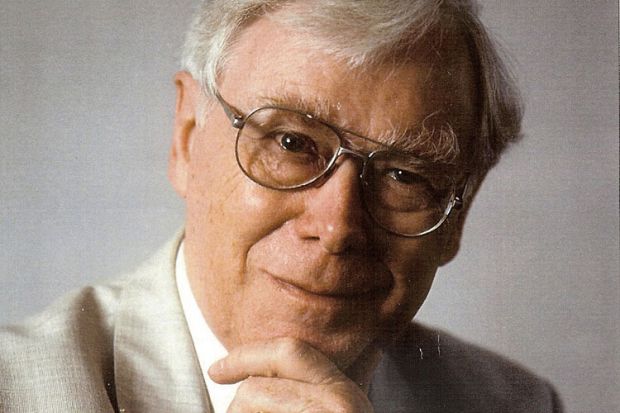Birmingham-born John Hibbs spent his childhood in Essex, where he was raised by his mother (his father having died shortly after his birth). A committed pacifist, he spent the time he would otherwise have been on national service working in agriculture and in hospitals.
Professor Hibbs obtained a University of Birmingham bachelor’s degree in social studies from Woodbrooke, a Quaker college in the Selly Oak area of the city. The course included a placement with a bus and coach company in Cambridge and in 1950, he took a job at the firm, Premier Travel, where his interest in road travel developed.
He left the firm to take up the position of Rees Jeffreys Research Student at the London School of Economics. Here, his master’s research project examined the economics of the road transport licensing system, which became the foundation of much of his academic career.
After a period as a transport consultant, bus company owner and technical journalist, he was in 1961 appointed traffic survey officer at British Rail, which widened his skills and experiences across road and rail. This helped equip Professor Hibbs to create the first UK undergraduate course in transport studies at what was then City of London College (now London Metropolitan University).
He left that institution in 1973, having risen to the position of principal lecturer. He returned to Birmingham to work at Birmingham Polytechnic (now Birmingham City University), where he became director of transport studies and, later, professor of transport management. He completed his PhD with the University of Birmingham in 1983.
On the political stage, he advised Nicholas Ridley, then secretary of state for transport, on the development of the Transport Act 1985. He later advised John Major’s government on railway privatisation, but that proceeded contrary to his advice, he subsequently said, and led to “the mess we have today”. He continued to teach postgraduates at Aston University into his eighties. For his outstanding services to transport education, he was appointed OBE in 1987.
“Not everyone found his arguments to their liking or conviction, but John’s standing and powerful exposition, his integrity and mastery of the economics and practice, and the respect with which he was held, made for compelling listening and attention,” said Michael Goldstein, a former head of Coventry University and a close family friend.
Professor Hibbs died on 7 November. He is survived by three children and five stepchildren.
Register to continue
Why register?
- Registration is free and only takes a moment
- Once registered, you can read 3 articles a month
- Sign up for our newsletter
Subscribe
Or subscribe for unlimited access to:
- Unlimited access to news, views, insights & reviews
- Digital editions
- Digital access to THE’s university and college rankings analysis
Already registered or a current subscriber? Login

